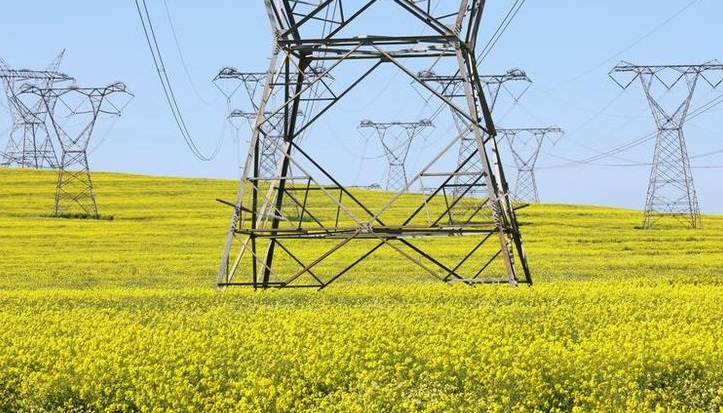Eskom Chief Operating Officer (COO) Jan Oberholzer has told delegates at the Agri SA conference that the power utility is working on ensuring sustainable energy supply that will help the agriculture sector.
Farmers have expressed concern about the effect of rolling blackouts on their crops and animals.
Eskom is expected to implement stage one rolling blackouts from 4pm Friday to midnight.
Agricultural sector extremely important to Eskom:
Oberholzer says that Eskom management will work with the new board to ensure additional supply to the grid.
“The agricultural sector is extremely important for Eskom and we as Eskom understand what the impact of loadshedding is on the sector. We are going through a tough time and our system is not that reliable and predictable the way we want. I believe the risk of loadshedding remains for at least 12 to 18 months and this is unfortunately where we find ourselves. We need to get through this very difficult situation but what is critical is that the country gets additional capacity as soon as possible that will allow Eskom to do the malignance on the units that needs maintaining urgently. So, we really need additional capacity in the country.”
Transnet strike and energy crisis devastating for the sector
Agri SA President Jaco Minnaar says they are deeply concerned about failing infrastructure and the current wage dispute at freight parastatal Transnet.
Minnaar says it takes 92 hours to export agriculture produce from South Africa and the country has among the worst performing harbours in the world.
He says the agriculture sector also wants government to urgently resolve the energy crisis at Eskom.
“Energy supply constrains are creating difficulty worldwide but nowhere more so than in South Africa. Farmers are struggling to produce and irrigate, to process and manufacture their products. In the long term this will be detrimental not only to the farmers but also to food production, food supply and food security. We welcome the plans of the President to get more energy generation capacity onto the grid.”






